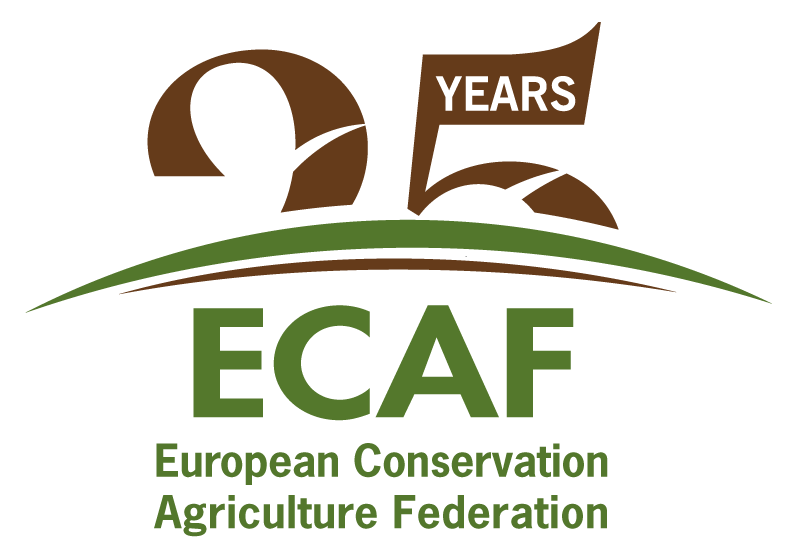The goal of SolACE is to help European agriculture face major challenges, notably increased rainfall variability and reduced use of N and P fertilizers for both economic and ecological purposes. SolACE will design of novel crop genotypes and farming management innovations to enhance water and nutrient use efficiency.
SolACE´s specific objectives are the following:
- Identify most probable present day and future scenarios of combined water and nutrient stresses across the various pedo-climatic zones of Europe.
- Identify crop responses to such realistic combined stresses.
- Evaluate water and nutrient acquisition efficiency and define the corresponding, relevant below-ground traits (related to roots, rhizosphere microbiome and symbiosis).
- Define the combination of below- and above-ground traits for designing resource-efficient crops (ideotypes).
- Identify genes, molecular markers and genomic selection models for improved yield under combined stresses.
- Thereby design novel, resource-efficient ideotypes or genotypes (hybrids for bread wheat and potato).
- Evaluate biotic interactions at play in the tested management innovations.
- Design efficient microbial inoculants and their combinations, efficient genotype mixtures and legume-based rotation or reduced tillage strategies, and test these in field conditions.
- Develop novel enabling technologies for monitoring crop or soil water and nitrogen status.
- Evaluate on-farm the agronomic, economic and environmental performances of the tested innovations at the field scale in several networks of farmers to ultimately assess local solutions and barriers for the uptake of the tested innovations.
https://www.solace-eu.net/index.html


